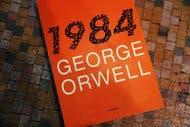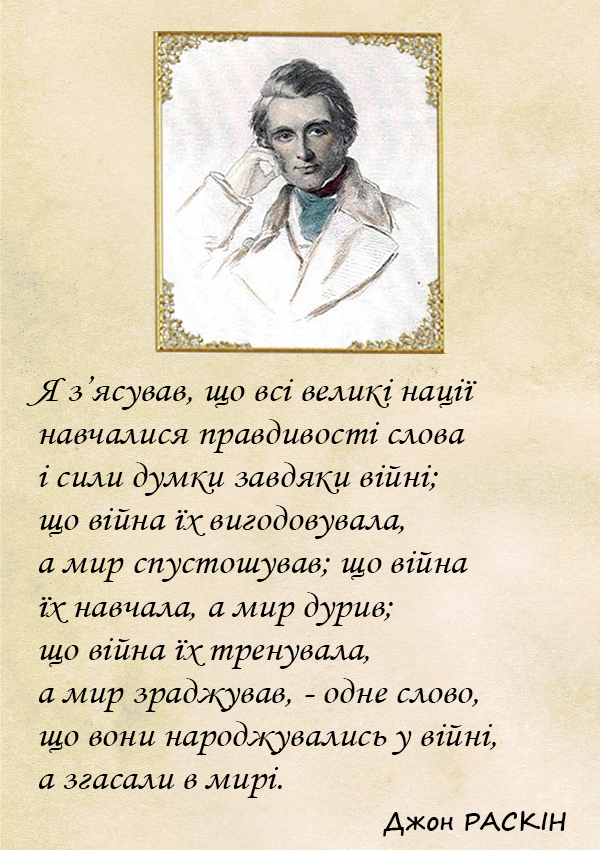
“1984” by George Orwell is a haunting, dystopian masterpiece that has transcended its time of publication to become a timeless warning about the perils of totalitarianism, censorship, and the erosion of individual freedom. Originally published in 1949, this novel has proven its enduring relevance, making it a must-read for those who value freedom, truth, and the power of the human spirit.
Set in a bleak and oppressive future, “1984” introduces us to the world of Oceania, a superstate governed by the enigmatic Big Brother. The protagonist, Winston Smith, works for the Party rewriting historical records to align with the Party’s ever-shifting version of the truth. Orwell’s depiction of Oceania is chilling in its portrayal of a surveillance state where every action, every thought, is monitored by the all-seeing eye of the Party. The omnipresent slogans like “War is Peace,” “Freedom is Slavery,” and “Ignorance is Strength” reflect the Party’s manipulation of language and reality, a theme that remains scarily relevant in our era of “alternative facts” and “post-truth.”
The brilliance of “1984” lies in its ability to create a world that feels both surreal and plausible. Orwell’s prose is stark, unadorned, and delivers a palpable sense of despair. His attention to details in describing the daily drudgery of Winston’s life serves to underline the oppressive nature of the Party’s rule. The Two Minutes Hate, the Thought Police, and the concept of doublethink are all chillingly effective at conveying the Party’s control over the minds of its citizens.
Winston Smith’s journey is one of rebellion against this totalitarian regime, and it takes the reader on an emotional rollercoaster. His relationship with Julia, another Party member who shares his desire for freedom, adds a touch of humanity and hope to an otherwise bleak narrative. However, this hope is short-lived as the story unfolds, reminding us that in a society dominated by surveillance and thought control, love itself becomes a subversive act.
“1984” is a stark critique of authoritarianism and the dangers of mass surveillance. It serves as a stark reminder of the need to protect individual liberties and the truth itself. In a world where misinformation and propaganda are increasingly potent tools, the novel’s message becomes more vital than ever.
The book also challenges us to contemplate the malleability of truth and the consequences of unquestioning obedience. It asks the reader to reflect on the power of language and the danger of manipulation through the distortion of words and meanings. Orwell’s vision of a world where history is constantly rewritten is a dire warning against the erasure of collective memory and the rewriting of facts.
“1984” is not just a novel; it is a stark mirror held up to society’s most troubling tendencies. George Orwell’s ability to craft a narrative that continues to resonate, seven decades after its publication, is a testament to his genius. In a time when the lines between fact and fiction are blurred and authoritarianism threatens democratic values, “1984” remains an essential and sobering read. It reminds us that the fight for truth, freedom, and individuality is a constant battle against the forces of conformity and manipulation. In Orwell’s words, “War is peace. Freedom is slavery. Ignorance is strength.” “1984” is an urgent call to action, imploring us to recognize and resist such dangerous distortions of reality before they become our own grim future.
My rating is 9.5/10.


























































Залишити відповідь